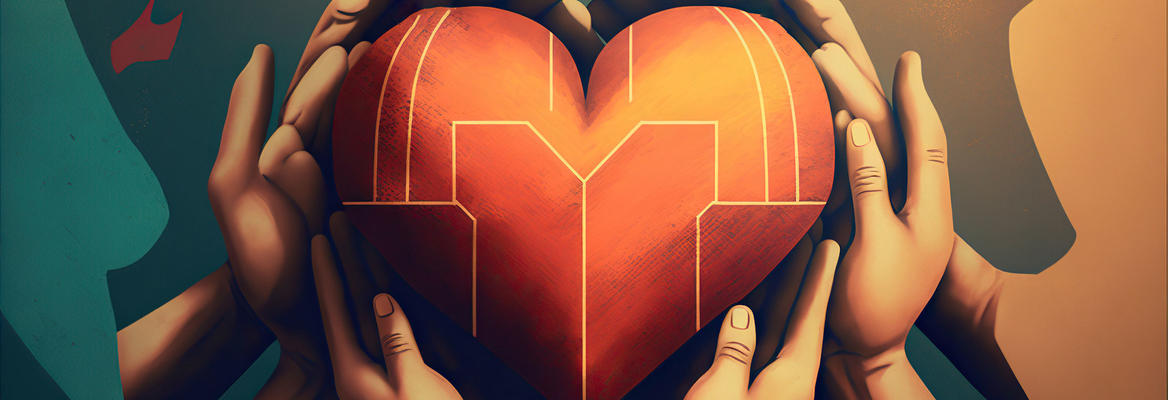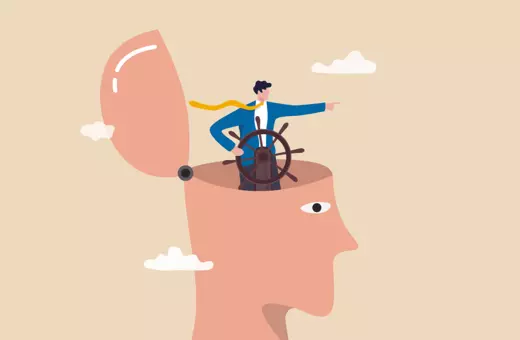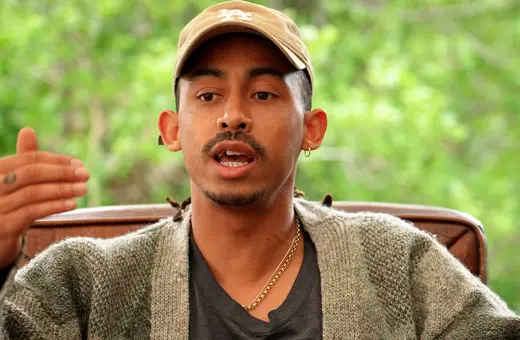Any real solution to the mental health epidemic is hard to come by. The modern age of capitalistic therapy has come under fire, and so have SSRIs. Philosopher and former boxer, Gordon Marino, argues for the type of relationship that truly heals.
With the nearly daily mass murderous shootings, there has been a reasonable outcry for more mental health services, more counselors. As someone who has been one of the troubled and troubling teens once in dire need of support and as someone who, much later in life, has tried to provide a guidewire to young people on the edge of throwing away their lives, it is essential to recognize that more than pills and 30-minute zoom counselling sessions, more than anything, we need to build trust.
In his classic 1950 study Childhood and Society, Erik Erikson, delineated a set of psychosocial stages everyone has to negotiate in order to become a thriving human being. Each step requires overcoming an obstacle, and produces a virtue or vice. The first stage is basic trust vs mistrust, followed by autonomy vs shame and doubt, initiative vs guilt, industry vs inferiority, identity vs confusion, intimacy vs isolation, generativity vs stagnation, integrity vs despair.
___
We all need the sunlight of affirmation to develop into individuals with a good sense of ourselves and the trust to allow ourselves to be vulnerable enough to make meaningful connections
___





















Join the conversation